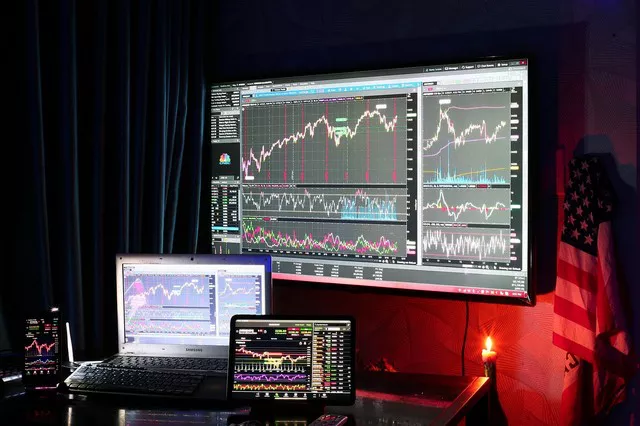Corn futures represent an essential component of the commodities market, attracting traders and investors seeking to capitalize on the price movements of this vital agricultural product. In this comprehensive analysis, we delve into the rationale behind buying corn futures, exploring the underlying dynamics, associated risks, and potential rewards. By understanding the intricacies of corn futures trading, market participants can make informed decisions and optimize their investment strategies.
Understanding Corn Futures:
Definition and Basics: Corn futures contracts are standardized agreements to buy or sell a specified quantity of corn at a predetermined price and future date.
Market Structure: Corn futures trade on established exchanges such as the Chicago Mercantile Exchange (CME), providing liquidity and price discovery mechanisms.
Contract Specifications: Details regarding contract size, delivery months, and margin requirements play a crucial role in shaping trading strategies.
Factors Driving Corn Prices:
Supply and Demand Dynamics: Corn prices are influenced by factors such as weather conditions, planting and harvesting trends, global demand, and government policies.
Intermarket Relationships: Corn prices often correlate with other commodities like soybeans, wheat, and crude oil, reflecting interconnected market dynamics.
Economic Indicators: Macroeconomic factors, including inflation, interest rates, and currency fluctuations, impact corn prices indirectly by affecting overall market sentiment and demand.
Risk Management in Corn Futures Trading:
Price Volatility: Corn futures are prone to significant price fluctuations, necessitating risk management strategies such as hedging, diversification, and position sizing.
See Also:What are December Corn Futures?
Weather Risks: Weather-related events such as droughts, floods, or adverse growing conditions can disrupt corn production, leading to price volatility and supply shortages.
Market Risks: Regulatory changes, geopolitical tensions, and unexpected events in financial markets can exert sudden and unpredictable impacts on corn futures prices.
Advantages of Buying Corn Futures:
Portfolio Diversification: Including corn futures in a diversified investment portfolio can help spread risk and enhance overall returns, especially for investors seeking exposure to the agricultural sector.
Inflation Hedge: Commodities like corn historically exhibit inflation-hedging properties, as their prices tend to rise during periods of inflation, preserving purchasing power.
Speculative Opportunities: Traders can capitalize on short-term price movements in corn futures markets, leveraging technical analysis, and fundamental research to identify profit opportunities.
Supply Chain Management: Corn futures enable producers, processors, and end-users to manage price risks effectively, providing stability and predictability in procurement and production processes.
Strategies for Buying Corn Futures:
Trend Following: Trend-following strategies involve identifying and capitalizing on established price trends, utilizing technical indicators and chart patterns to enter and exit positions.
Spread Trading: Spread trading involves simultaneously buying and selling related corn futures contracts, exploiting price differentials between different delivery months or related commodities.
See Also:What is the daily limit on corn futures?
Options Strategies: Options offer flexible strategies for traders and investors, allowing them to hedge against adverse price movements or speculate on future price directions with limited downside risk.
Practical Considerations for Corn Futures Investors:
Research and Analysis: Thorough research and analysis are essential for making informed decisions in corn futures trading, encompassing fundamental analysis, technical analysis, and market sentiment assessment.
Risk Management Tools: Utilizing risk management tools such as stop-loss orders, position limits, and margin requirements can mitigate potential losses and protect capital in volatile market conditions.
Continuous Learning: Staying updated with market developments, industry news, and economic indicators is critical for adapting to changing market dynamics and refining trading strategies over time.
Regulatory Environment and Compliance:
Corn futures trading is subject to regulatory oversight by governmental authorities and self-regulatory organizations, ensuring fair and orderly market operations, investor protection, and market integrity.
Compliance with regulatory requirements, including margin regulations, position limits, and reporting obligations, is essential for market participants to avoid penalties and maintain regulatory compliance.
Conclusion:
Corn futures present a compelling opportunity for traders and investors to participate in the dynamic agricultural commodities market, offering diversification, inflation hedging, and speculative potential. However, buying corn futures entails inherent risks, requiring diligent research, risk management, and adherence to regulatory standards. By understanding the underlying fundamentals, employing effective trading strategies, and staying informed about market developments, participants can navigate the complexities of corn futures trading and capitalize on the opportunities it presents.


